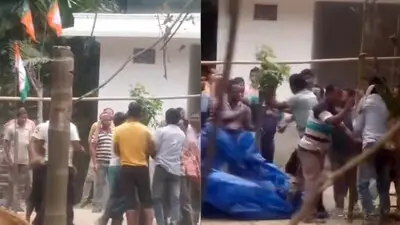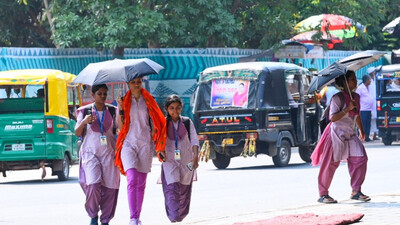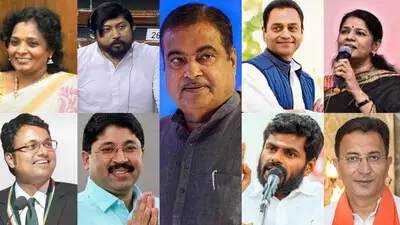Recommended Stories
The day-long conference will also deliberate on how India is being affected due to its troubled neighbourhood and its obvious consequences in the country like cross border terrorism, covert support to insurgents, arms smuggling, circulation of fake Indian currency notes, inflow of refugees and immigration.
Active terror infrastructure in Pakistan, growing nexus between the Naxals and anti-India forces both within the country as well as abroad, better intelligence sharing among security forces, Crime and Criminal Tracking Network & System (CCTNS), border management, coastal security and other Centre-State issues will also figure prominently at the meeting where Home Minister P Chidambaram will deliver the opening address.
A separate session on Maoist violence will be held later in the day and will be attended by Chief Ministers of nine Maoist violence affected states. The Central government has already conceded the demands of several non-Congress Chief Ministers, including ally Trinamool Congress chief Mamata Banerjee, to hold a special meeting of Chief Ministers to exclusively discuss on the controversial issue of the proposed National Counter Terrorism Centre (NCTC) on May 5. So, the issue is unlikely to figure prominently tomorrow.
Sources in Kolkata today said Banerjee will not attend tomorrow`s chief ministers` meeting on internal security, but will take part in the CMs` meeting on NCTC. No reason has been assigned for the West Bengal Chief Minister`s decision. In place of the Chief Minister, Finance Minister Amit Mitra will represent the state government at the meeting, which has been convened by the Union Home Ministry, the source told PTI. Though the internal security situation has vastly improved during the last three years largely because of cooperation between the Centre and the state governments, Naxalism continues to remains a grave challenge which claimed nearly 600 lives in 2011, official sources said.
The country`s top leadership will review the two-pronged approach of development and police action to contain the Maoist problem and the future strategy to deal with it. With communal violence becoming a major cause of concern for the government as 2,420 such incidents have reported from across the country in last three years where at least 427 people lost their lives, the issue is likely to be flagged by the Home Minister in the meeting since the sensitive matter needs urgent attention from all quarters.
Situation in Jammu and Kashmir, which has witnessed relative peace in recent times, will be discussed intensively and how to meet the challenge of maintaining peace for longer period in the sensitive state. The challenge posed by insurgent groups, especially in the Northeastern states, and how to bring them to the negotiating table will be discussed. Chidambaram is expected to present a report on the security situation in Jammu and Kashmir and the Northeast and how it has been changed dramatically with close coordination of central and state governments.
As the Home Ministry has flagged capacity building as the area on focus in 2012, the issue will get priority in the conference and discuss how the Centre can help the states in filling up vacancies, augmenting arms, ammunitions and modernisation of their forces. The conference, originally scheduled for February 15, had to be postpone for two months due to the recent Assembly elections in five states and Budget session of Parliament.












